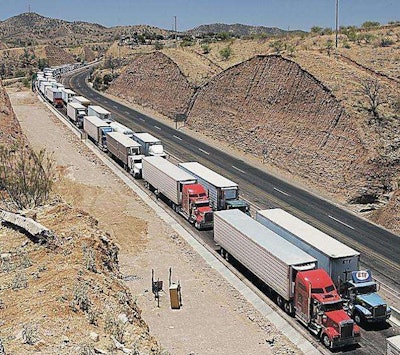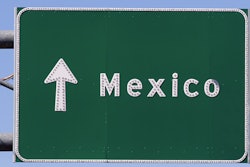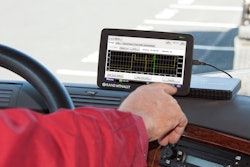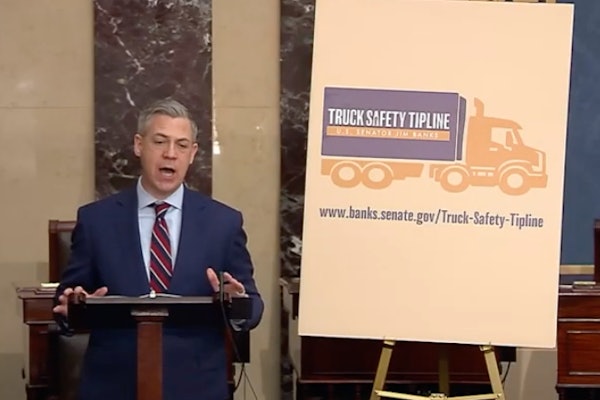
In addition to the inspection data gathered during its three-year cross-border pilot program, FMCSA also studied during the three-year period nearly 1,000 other Mexican-based carriers, says agency spokesperson Marissa Padilla. The two different data sets combined yielded a “robust set of data,” Padilla says, to make the determination to open the DOT’s application process to all Mexican-based carriers
The data gleaned from the agency’s Oct. 2011-Oct. 2014 program has been of question to stakeholders, as noted by the fall meeting of FMCSA’s Motor Carrier Safety Advisory Committee. And a recent report from the DOT Inspector General questioned the validity of the data, given the low number of participants in the program — 15 carriers were admitted, and the agency originally said it would need 46 to make accurate safety assumptions about Mexican carriers.
The data, however, is sound, Padilla says, as the number of inspections was the primary goal of the pilot program, not the number of participants.
FMCSA’s projection of how many participant carriers it needed was based on how many carriers it calculated it would need to produce the necessary 4,100 inspections, but it reached that number with fewer participants, Padilla told CCJ.
As noted by the OIG, however, 80 percent of inspections conducted in the program were performed on two carriers. And those two carriers accounted for 90 percent of the border crossings made in the program.
However, Padilla notes, 351 of the 952 Mexican carriers studied in conjunction with the pilot program received authority during the three-year period — part of the data used by the agency to make the determination, but not studied by the OIG, Padilla says.
**
Industry reaction
The American Trucking Associations does not take a hard stance on the cross-border expansion. While offering its support for the move, ATA also says Mexican carriers must be held to the same standards as their U.S. counterparts.
“ATA supports border-trucking policy that allows foreign motor carriers wishing to operate in the U.S., provided they comply with all regulatory and financial requirements applicable to U.S. motor carriers,” ATA said in a statement. “Nothing less is acceptable to ATA.”
The Trucking Alliance says doesn’t have a policy position on the expansion of cross-border trucking, but it too wants to ensure Mexican carriers comply with U.S. regulations.
“The Alliance doesn’t have a specific position on Mexican carriers operating in the US, other than making sure these companies undergo the same safety scrutiny as US carriers, such as passing an initial safety review prior to them receiving a DOT number to operate here.”
Meanwhile, the Owner-Operator Independent Drivers Association has voiced its opposition to the policy change.
“It’s clear from the lack of participation that Mexico-based motor carriers are not interested hauling beyond the commercial zone, if it means complying with the same regulations that U.S. truckers do,” says OOIDA’s Todd Spencer. “FMCSA’s persistence to move this program forward is mind-boggling, especially when the agency tells us ad nauseam that their highest priority is safety. Yet this program is all about geo-political economics.”
Likewise, the Teamsters Union says the pilot program data was not enough to proceed with the cross-border expansion.
“One thing was made clear in the IG’s report – the pilot program was a failure,” said Teamsters’ head Jim Hoffa. “It did not provide enough data for the IG to determine with any confidence that the trucks participating in the program were representative of those that could be permitted in the future. Nor could the IG project the safety performance of Mexico-domiciled carriers based on the data collected from the pilot program.”











